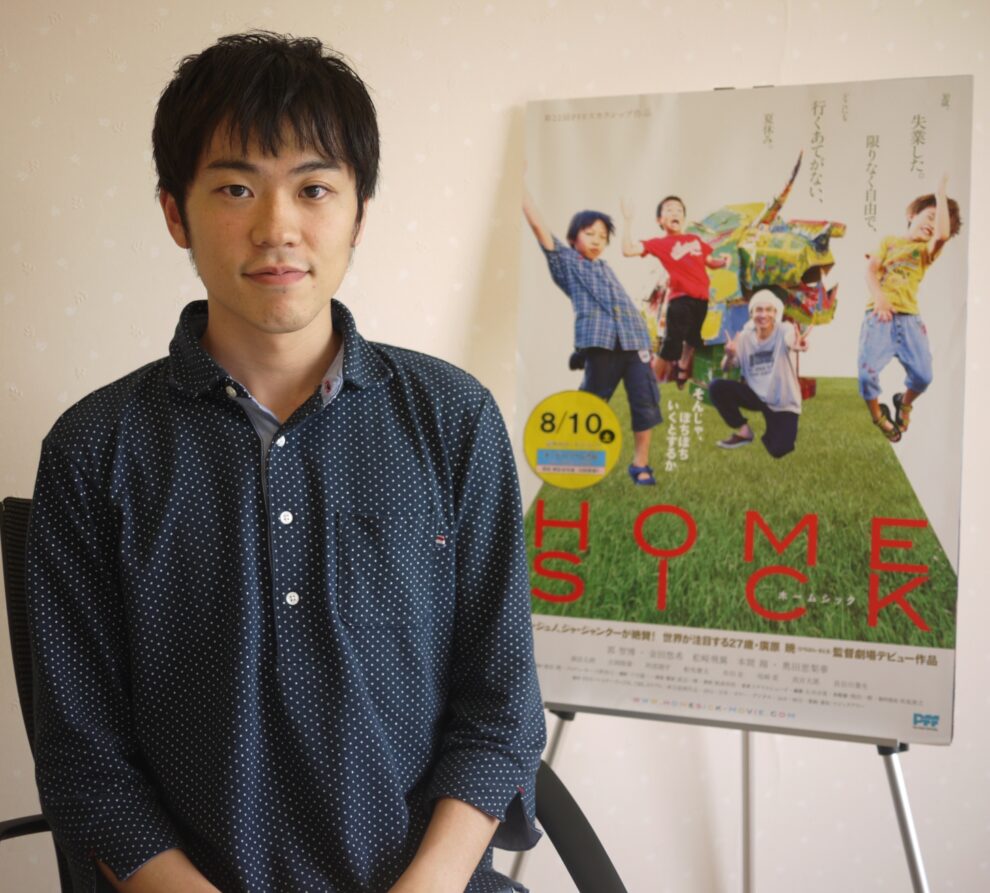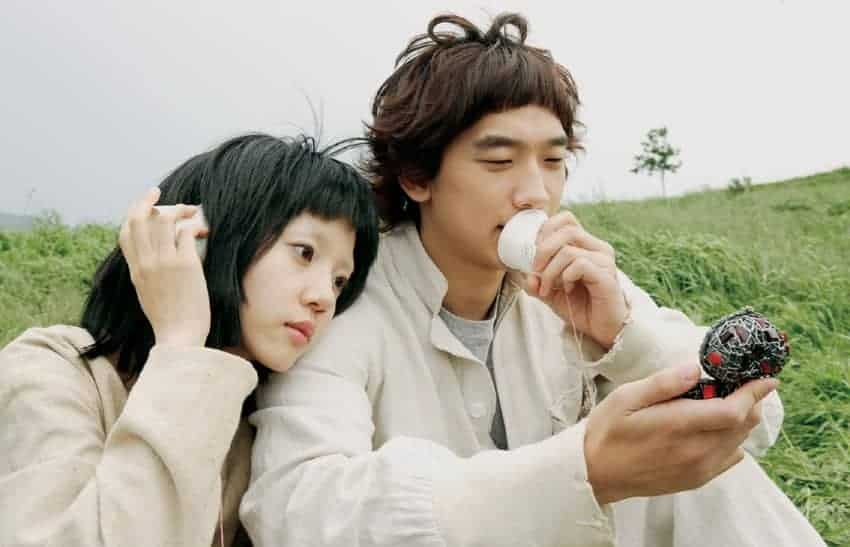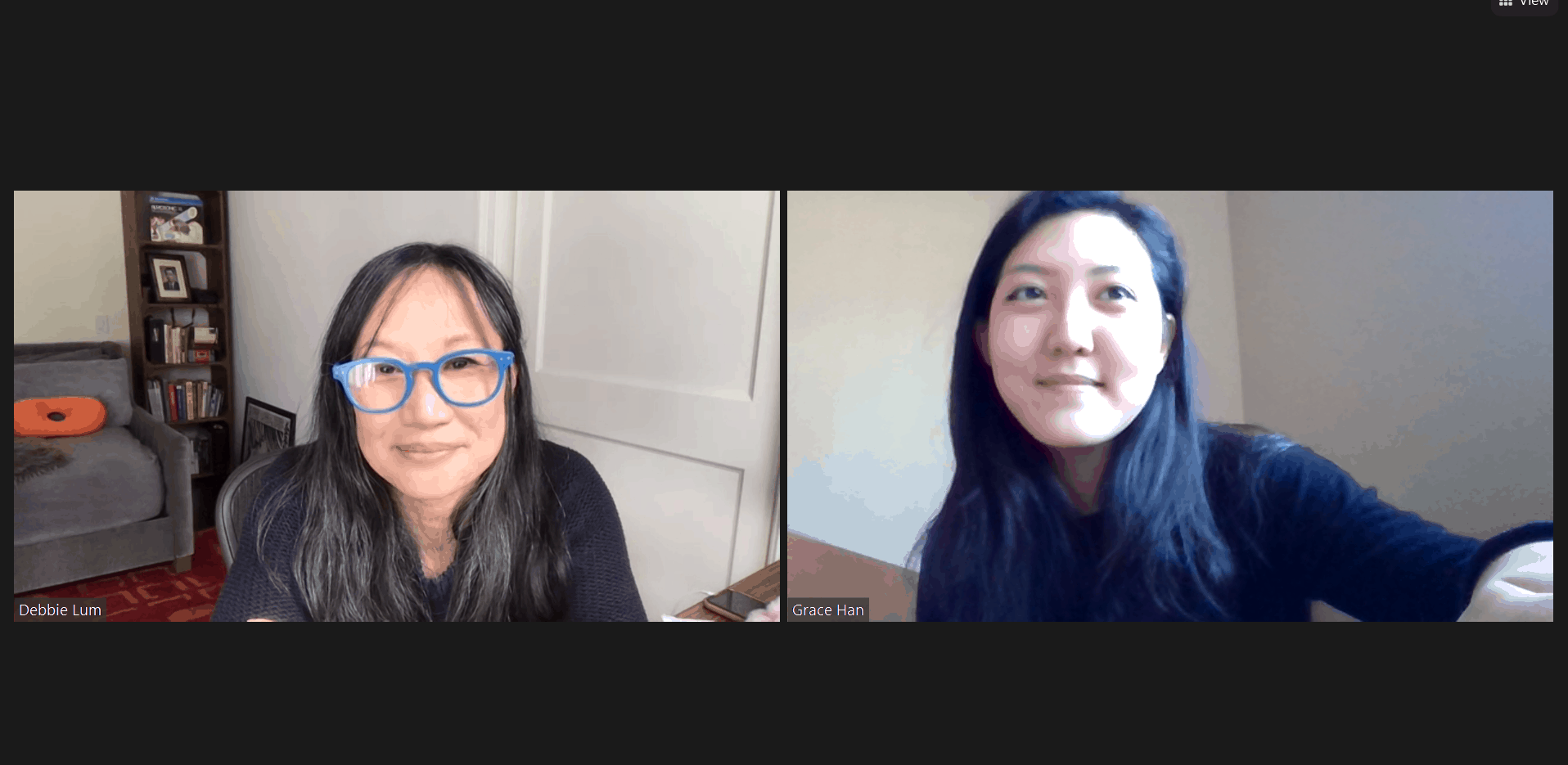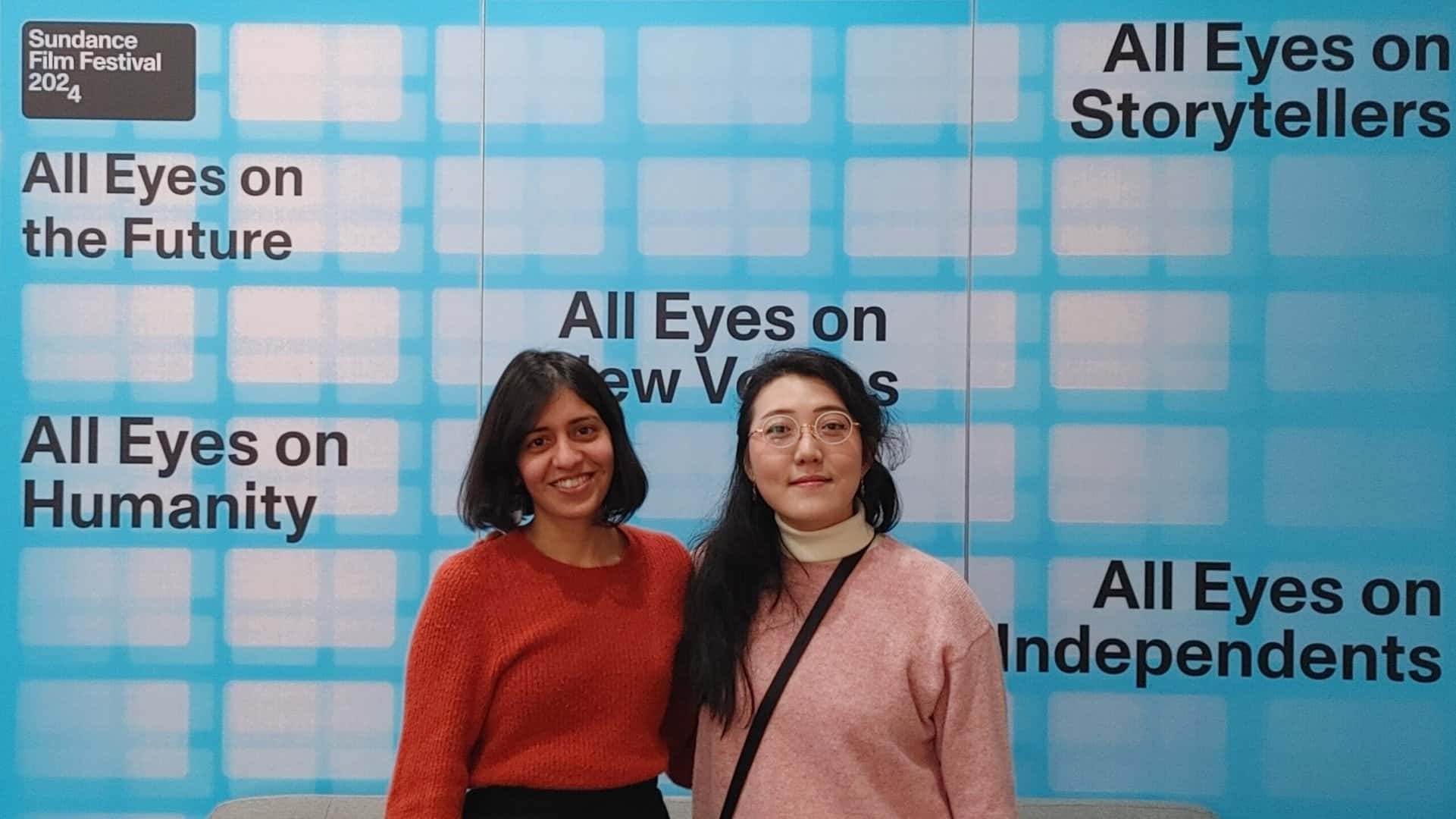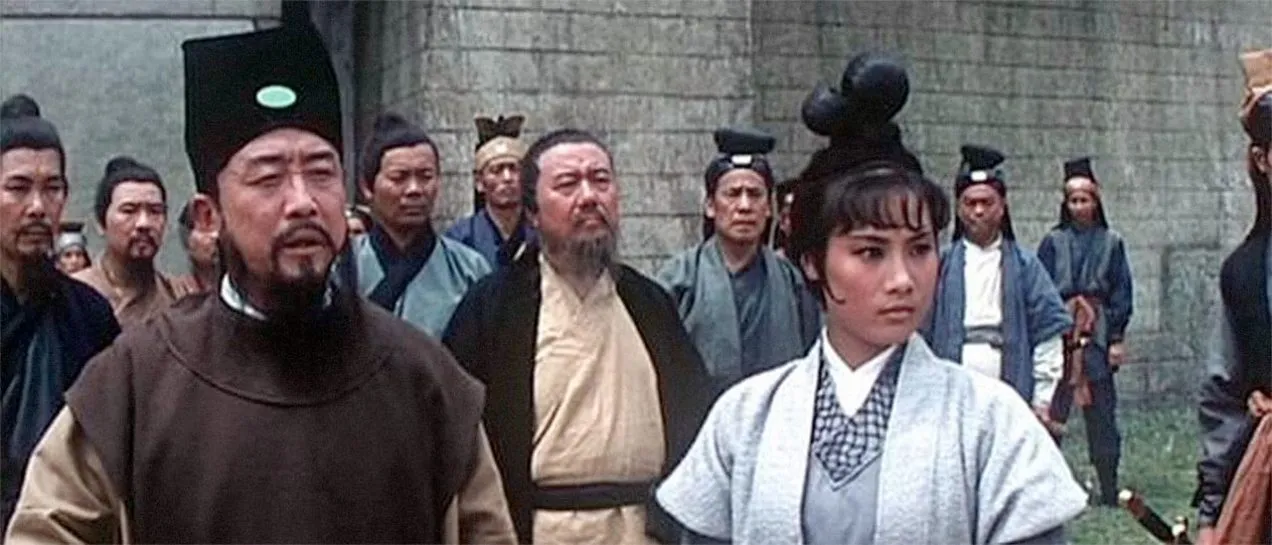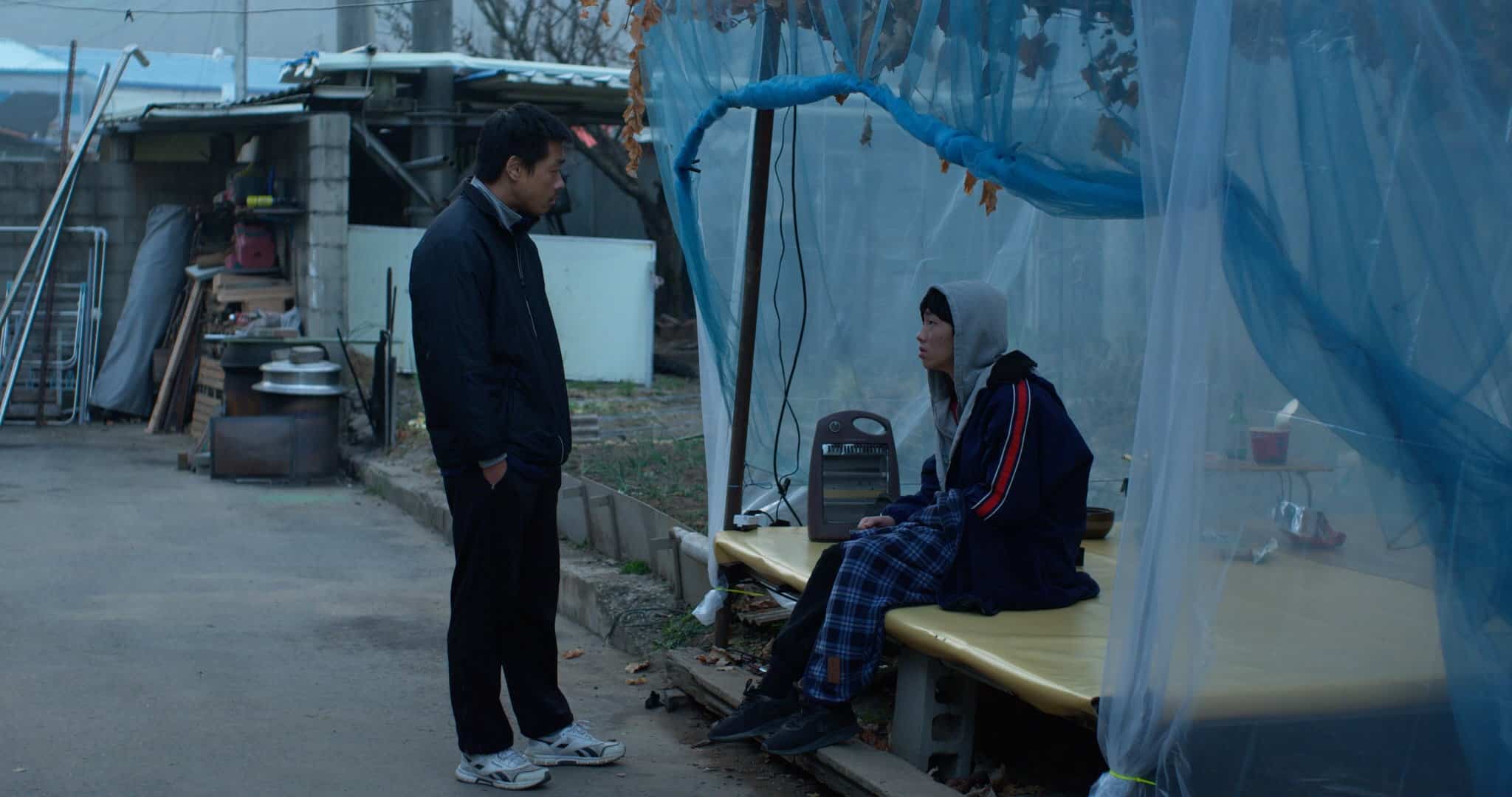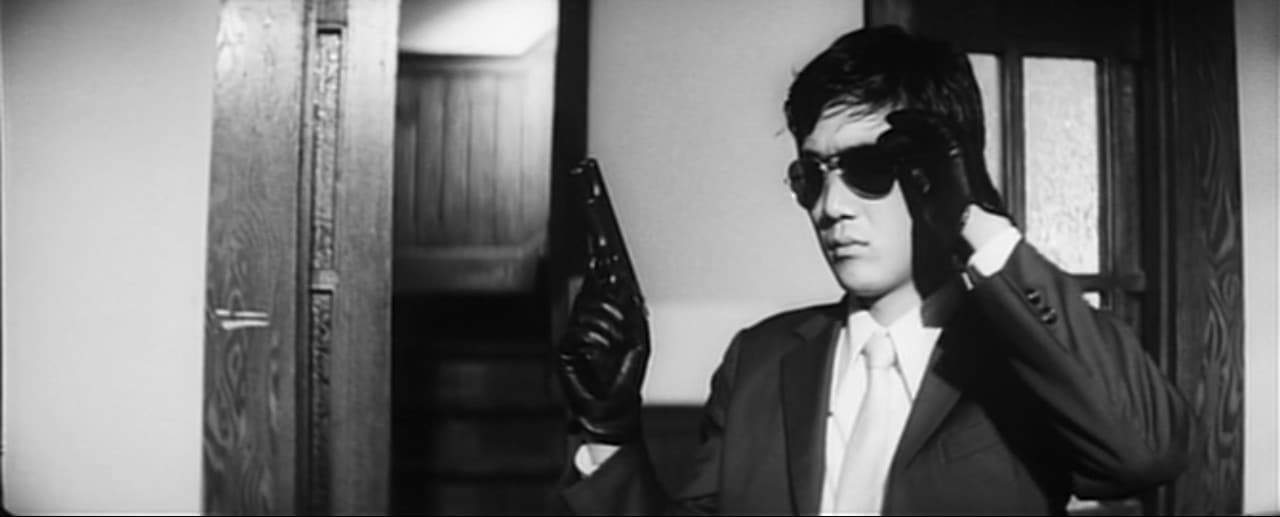Satoru HIROHARA, born 1986 in Tokyo, studied at Musashino Art University as well as at Tokyo University of the Arts. His feature debut GOOD MORNING TO THE WORLD! (2010) was awarded with the Jury's Special prize at the 32nd Pia Film Festival in Tokyo and received the Dragons & Tigers Award for Young Cinema at the 29th Vancouver International Film Festival. In addition to screenings at other festivals, the film was also selected for the 61st Berlin International Film Festival. DAWN WIND IN MY PONCHO (2017) also had a decent festival run.
On the occasion of his latest film, “Girls and Boys” screening at Osaka Asian Film Festival, we speak with him about the role reversal aspect of the movie, working with students, the location the film was shot, humor in movies and other topics.
Girls and Boys screened at Osaka Asian Film Festival
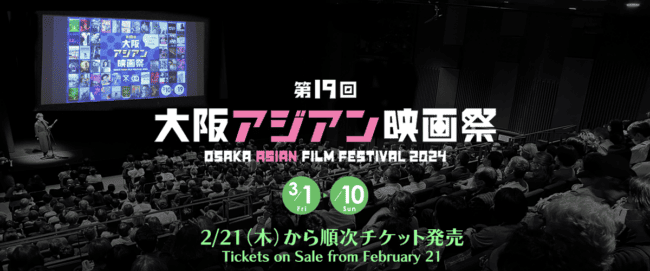
Why did you decide to include this role-reversal in the movie? In general, what was the inspiration behind the movie?
A high school stage play was the inspiration point. It was about boys playing the roles of high school girls. The producer suggested that I make a movie about this.
Was it difficult working with the actors in order to have boys playing girls and vice versa? How did the casting work for the movie?
We auditioned a lot of middle school students. We asked them to create the role they wanted to play, with the rules that the gender was different from their own. It wasn't difficult for them as they really enjoyed playing a different gender. That was the first time I felt the potential of this film. The selected actors were interviewed repeatedly and their roles were considered.
Did you talk with students of the age of the protagonists in order to come up with the comments presented in the film? Do you think that society in general expects more from teenage girls than boys?
Boys and girls were discussing their ideas and I just watched. The theme of this movie is how they think, and I wanted to get to know their feelings as realistically as possible. What they discussed was reflected in the script.
The girl said that when the boy slacks off on cleaning, no one says anything, but when she slacks off on cleaning, she feels like people around her will say something about it. I think these problems are everywhere.
The film is quite funny. How important do you think is including humor in movies? Do you think that humor is a good medium to present serious comments?
I am happy you found it funny. Humor makes serious comments feel more familiar.
Can you give us some details about the locations the film was shot in?
The location is Uchiko-cho, Ehime Prefecture, which retains its old townscape. The hut is called Uchiko-za, and it has been used as a playhouse for Noh and Kabuki performances. It's a wonderful place, you should visit sometime.
Can you give us some details regarding the cinematography of the movie? In general, what you wanted to do in the visual aspect of the movie?
As for the visual aspect, I mostly left it up to the cinematographer. The only thing I asked was that all shots be taken with FIX. CinemaScope was introduced at the request of him.
What is your opinion of the Japanese movie industry at the moment?
I think there is an oversupply. We should bring together dispersed budgets, schedules, and talents into one work.
Are you working on any new projects?
I'm shooting a short film with a child as the main character next month. Also, it looks like the project for a suspense film that I have been working on for many years will start to move forward. I'd like to somehow make it into a movie.


